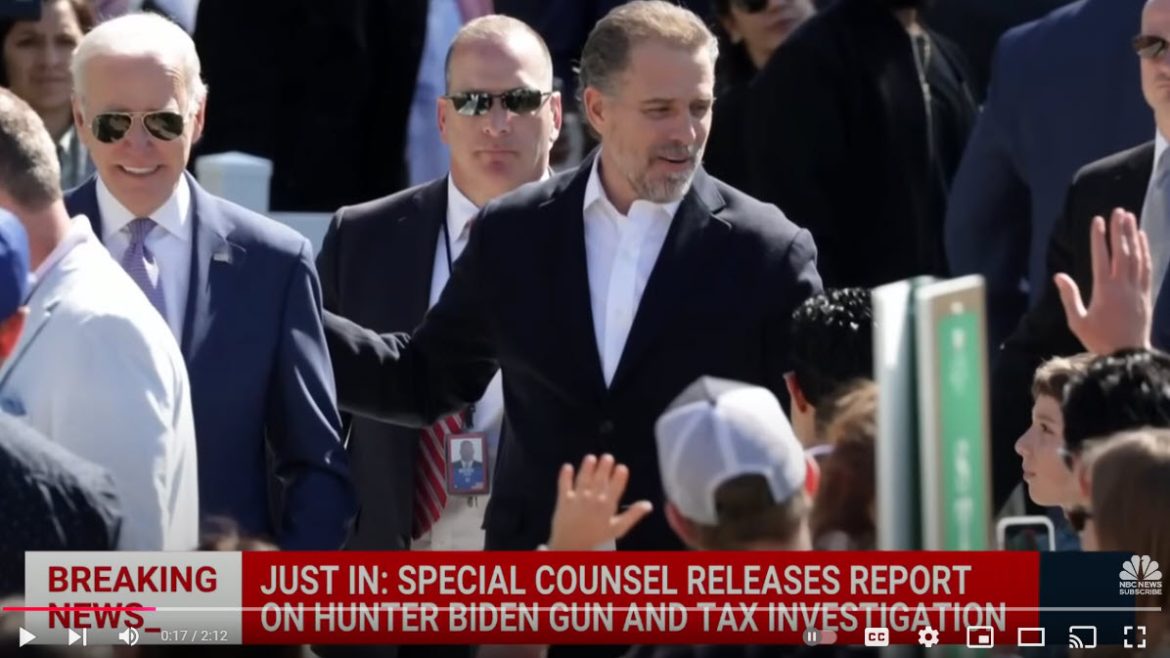Special counsel David Weiss is publicly criticizing President Joe Biden’s decision to pardon his son, Hunter Biden, following charges of gun and tax crimes. Weiss, who was appointed to oversee the Justice Department’s investigation into Hunter Biden, released a final report defending the integrity of his investigation while expressing concern over the implications of the presidential pardon.
The investigation, which spanned several years, led to charges against Hunter Biden for failing to pay taxes on substantial income and for unlawfully possessing a firearm while using illegal substances. Weiss’s report outlines the thoroughness of the investigation, emphasizing the evidence gathered and the efforts to ensure accountability without political bias.
Hunter Biden’s pardon, granted by his father and sitting president, has ignited fierce political and public debate. Critics argue that the pardon undermines the justice system and raises ethical concerns about conflicts of interest. Republican lawmakers have seized on the controversy, with some calling for congressional hearings and others suggesting the need for broader investigations into the Biden family’s financial dealings.
In his statement, Weiss expressed disappointment in the decision, stating, “This pardon sends a troubling message about accountability and fairness. While the President has the constitutional authority to issue pardons, it is crucial that justice is applied equally, regardless of one’s status or connections.”
The White House has defended the decision, framing the pardon as an act of compassion for a father seeking to protect his son. A statement from the administration emphasizes Hunter Biden’s struggles with addiction and the personal challenges he has faced in recent years. President Biden has not commented directly on the criticism, but his aides have reiterated his commitment to the rule of law and his respect for the work of the Justice Department.
The fallout from the pardon is expected to have significant political ramifications. Republican leaders are using the incident to question the administration’s commitment to transparency and accountability. Meanwhile, Democrats are divided, with some defending the President’s decision as a personal matter while others voice concerns about its potential impact on public trust.
As the controversy unfolds, the Justice Department has reaffirmed its independence and commitment to pursuing justice impartially. Weiss’s report serves as both a defense of his team’s work and a call for vigilance in ensuring that legal outcomes are not swayed by political influence.
The Hunter Biden pardon is likely to remain a focal point in Washington in the coming months, with ongoing debates over ethics, accountability, and the balance of personal compassion versus public responsibility.



